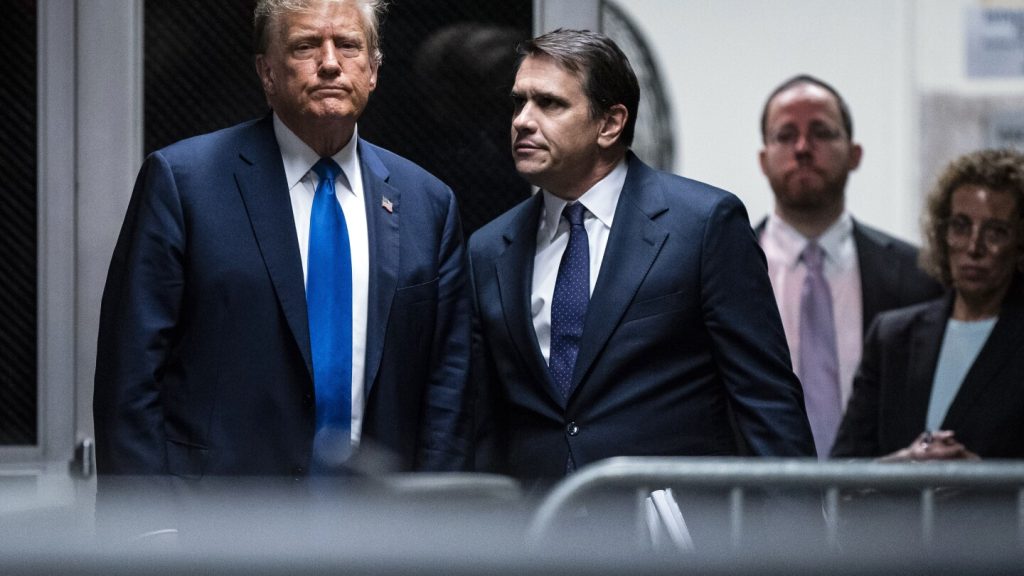Former President Donald Trump suffered a legal setback on Thursday as a federal judge denied his request to pause a series of lawsuits that accuse him of inciting the U.S. Capitol attack on January 6, 2021. The lawsuits, brought by Democratic lawmakers and police officers, seek civil damages for harm suffered during the riot, which aimed to stop Congress’ certification of President Joe Biden’s victory. Trump had argued that he couldn’t be sued over the riot due to presidential immunity, but the courts have ruled that the lawsuits can proceed.
In a separate criminal case related to hush money payments made during the 2016 campaign, Trump’s trial has already begun with jury selection in New York. The former president’s lawyers had requested to pause the civil cases until after the resolution of the criminal case involving the 2020 election interference allegations. However, Judge Amit Mehta, appointed by former President Barack Obama, ruled against this request, stating that the public interest requires a prompt resolution of the civil lawsuits in addition to the criminal case.
Trump’s lawyers argued that allowing the civil lawsuits to proceed could force Trump to prematurely reveal his defense strategies in the criminal case. However, Judge Mehta assured that appropriate safeguards would be put in place to ensure that Trump’s Fifth Amendment right to avoid self-incrimination is protected. The Supreme Court is set to hear arguments next week on Trump’s claim of immunity from criminal prosecution in the election interference case brought by special counsel Jack Smith. The ruling in this case will determine whether Trump will go to trial for the alleged conspiracy to stay in power after losing the election.
The legal battles surrounding Trump’s alleged role in the Capitol attack and election interference have further complicated his potential plans for a political comeback. As the presumptive Republican presidential nominee, Trump faces multiple legal challenges that could impact his future political aspirations. The outcome of the civil and criminal cases will likely have significant implications for Trump’s reputation and legal standing, potentially influencing his ability to run for office again in the future.
Despite these legal setbacks, Trump continues to maintain his innocence and has vehemently denied any wrongdoing in relation to the Capitol attack or election interference. The former president and his legal team are expected to vigorously defend against the allegations in both the civil and criminal cases, setting the stage for high-stakes legal battles ahead. As the cases proceed through the courts, the public and political observers will closely monitor the developments and outcomes, as they could have far-reaching consequences for Trump’s future political career and legal legacy.
The rulings and decisions in the upcoming court proceedings will not only impact Trump personally but also have broader implications for the rule of law and the accountability of public officials. As the legal system grapples with the complex and unprecedented challenges posed by Trump’s actions, the outcomes of these cases will set important precedents for how the justice system handles similar situations in the future. The controversies surrounding Trump’s presidency continue to unfold in the legal arena, with the ultimate judgments shaping the legacy of one of the most divisive figures in modern American politics.


